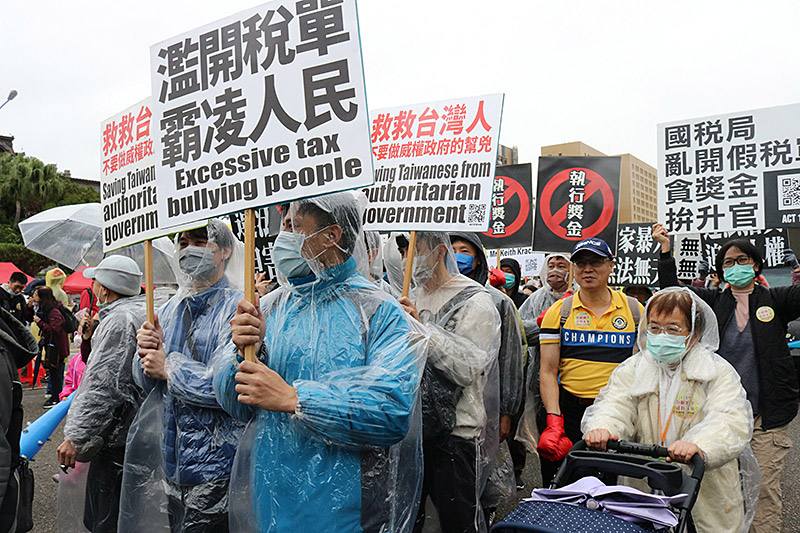Secretary-General supports Children of Syria as No Lost Generation initiative launched
The Secretary-General of the United Nations, Ban Ki-moon added his support to a campaign led by UNICEF, UNHCR, Save the Children and UNICEF that calls for Champions for the Children of Syria as part of the new No Lost Generation strategy.

On 7 January 2014 at UNICEF House, United Nations Secretary-General Ban Ki-moon joined UNICEF Executive Director Anthony Lake to show support for the launch of the No Lost Generation campaign, at UNICEF House.
“Many, many children are suffering from violence, particularly in Syria,” said Mr. Ban speaking to staff at UNICEF House. “I applaud the creativity and leadership of the No Lost Generation initiative.”
“The children of Syria are our hope for the future.”
UNICEF, UNHCR, Save the Children, World Vision and other key partners have come together to support No Lost Generation, launching a two-phase public campaign to drive greater awareness of all that is at stake in Syria – and galvanize global support, unleashing a legion of champions for the children of Syria.
Anthony Lake, UNICEF Executive Director noted that these children are the next generation of leaders in Syria; and that education and reconciliation will bring hope for the future.
No Lost Generation emphasizes that saving a generation of potential leaders, teachers, engineers, doctors and – above all- peacemakers - protects the prosperity of an entire society.
The US$1 billion strategy includes practical ways to avert the loss of an entire generation with activities and interventions focused on expanding access to learning and psychosocial support, strengthening social cohesion and peacebuilding efforts, and restoring hope for the future to millions of children.
The strategy is being publically unveiled one week ahead of a major donor conference in Kuwait for humanitarian aid for Syria.
Since the crisis began nearly three years ago, more than one million children from Syria have become refugees; more than 425,000 are under the age of five. The vast majority of these refugees have fled either to Lebanon, Jordan, Turkey, Egypt and Iraq. Among them, around 5,000 children have been identified as being separated from their families.
A special website has been established that tells the stories of children affected by the conflict, and shows how investments in children can deliver important dividends, not just for the current victims of the war but for the longer-term future of Syria and the wider region.
Source: United Nations International Children's Emergency Fund
- 326 reads




